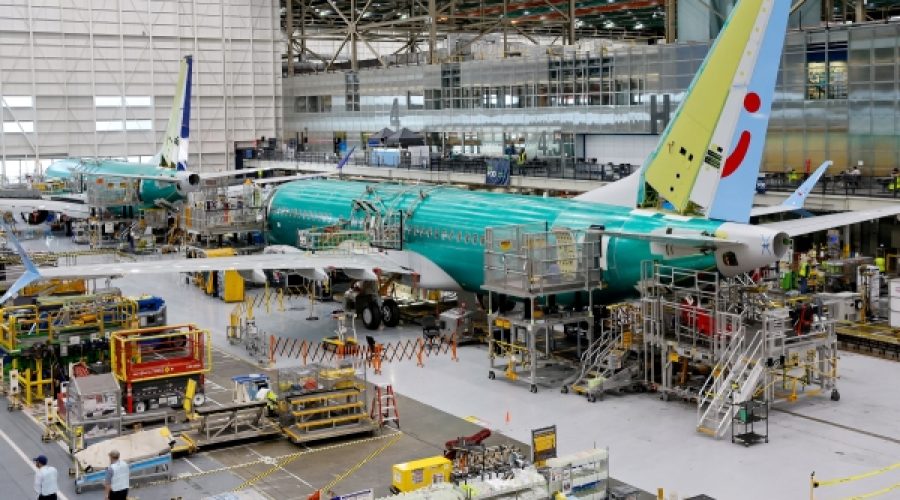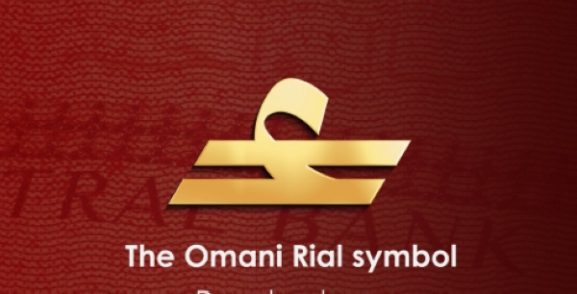Boeing’s Success Amid Trump’s Trade Wars: What It Means for Investors and Business Owners in Oman
There are rarely clear winners in a trade war, but Boeing seems to be benefiting from the trade conflict initiated by President Donald Trump. The aerospace giant has secured a steady flow of new orders tied to trade agreements between the U.S. and several countries. These sales offer a welcome boost to Boeing as it recovers from years of significant challenges and provide Trump with evidence to support his claim that his unconventional trade policies are strengthening American manufacturing.
This month alone, hundreds of Boeing aircraft orders have been announced in deals with Indonesia and Japan, following earlier agreements with Bahrain, the United Arab Emirates, Saudi Arabia, and Qatar earlier in the year.
“Since his first term, President Trump’s trade deals have often included purchase agreements of this nature,” explained Bruce Hirsh, a trade policy expert at Capitol Counsel, a Washington-based lobbying firm representing aerospace industry clients. “Our trading partners are aware of this strategy and look for substantial purchases they can offer.”
However, some aviation analysts remain skeptical that U.S. negotiators exerted undue pressure to secure these deals. Airlines, including state-owned carriers, typically plan such large acquisitions well in advance, often over months or years. Additionally, Boeing and France’s Airbus are the only major suppliers of large commercial jets, giving airlines limited alternatives.
Despite this, experts agree it is unsurprising that the Trump administration highlights new Boeing orders as tangible outcomes of its trade negotiations. Boeing employs tens of thousands of Americans and ranks among the nation’s leading exporters.
Wall Street has responded positively to these announcements, with Boeing’s stock price steadily rising since early April, when Trump imposed steep tariffs on multiple countries.
Analysts suggest these trade deals could spur additional orders, as potential buyers might accelerate purchases to avoid future delivery delays, given that planes ordered now are typically delivered years later.
While Boeing declined to comment for this article, the company appeared to welcome Trump’s involvement. Boeing CEO Kelly Ortberg accompanied Trump on a May trip to the Middle East, during which the Qatar deal was revealed.
“If the president says, ‘Come with me and ensure we sign a major deal that creates many U.S. jobs,’ what would you do?” said Adam Pilarski, president of aviation consulting firm Avitas.
Nonetheless, Pilarski and others caution that these orders may not be as substantial as they appear. Few details about the deals have been disclosed by the administration, other governments, or Boeing, indicating that some agreements are still under complex negotiations. For instance, Trump announced this month that Indonesia agreed to buy 50 Boeing jets, but an Indonesian official later clarified that the deal was still being negotiated between state-owned airline Garuda and Boeing.
Richard Aboulafia, managing director at AeroDynamic Advisory, a consulting firm, remarked, “I suspect these orders are, as we used to joke at air shows, MOUTHLs — memoranda of understanding to have lunch. The real contract and financing negotiations happen after the president’s plane has left the country.”
Even confirmed orders likely would have proceeded regardless of Trump’s involvement, experts note. In May, Qatar Airways placed an order for 150 wide-body Boeing planes in a well-publicized event involving press conferences and handshakes, a deal probably destined to happen, albeit possibly with timing adjusted to coincide with Trump’s visit.
While some orders may reflect genuine political influence, the situation could change before aircraft are delivered. Both Boeing and Airbus have thousands of planes on order, covering years of production. During this period, airlines may cancel orders, with potential forfeiture of deposits, or request changes such as delayed deliveries or reduced orders. Manufacturers might accept such adjustments to sell planes to other buyers in urgent need.
Looking ahead, Boeing faces significant challenges before converting new orders into profits. The company is behind schedule securing regulatory approvals for key jets, including certain 737 Max variants and the 777-9, which began FAA certification test flights this month.
Moreover, strong demand for aircraft predates Trump’s trade policies; supply constraints are the primary bottleneck.
Boeing is still recovering from the 737 Max grounding following two fatal crashes, pandemic-related supply chain disruptions, production halts due to in-flight incidents, and a prolonged strike last fall. The trade war itself could pose further risks.
Tariffs imposed by Trump may jeopardize Boeing’s suppliers’ financial health, while retaliatory tariffs from trading partners like the European Union could harm Boeing’s sales. For example, budget airline Ryanair recently considered deferring Boeing deliveries if European tariffs on American planes materialize.
European governments might also respond by encouraging countries to order more Airbus jets if U.S. trade deals disproportionately favor Boeing.
“This situation has reopened a long-standing dynamic of aligning aircraft economics with geopolitical interests,” said Courtney Miller, managing director of Visual Approach Analytics.
This article originally appeared in The New York Times.
Special Analysis by Omanet | Navigate Oman’s Market
The recent surge in Boeing orders linked to U.S. trade deals highlights how geopolitical strategies can shape major industrial sales, signaling opportunities for Oman’s aviation and defense sectors to engage in global supply chains influenced by political dynamics. However, investors should remain cautious of the volatile nature of trade-driven contracts and the potential risks from supply chain disruptions and retaliatory tariffs that could impact aircraft manufacturing and related industries. Smart entrepreneurs in Oman should focus on building resilient aerospace partnerships and monitoring international trade policies to capitalize on emerging opportunities while mitigating exposure to geopolitical uncertainties.



